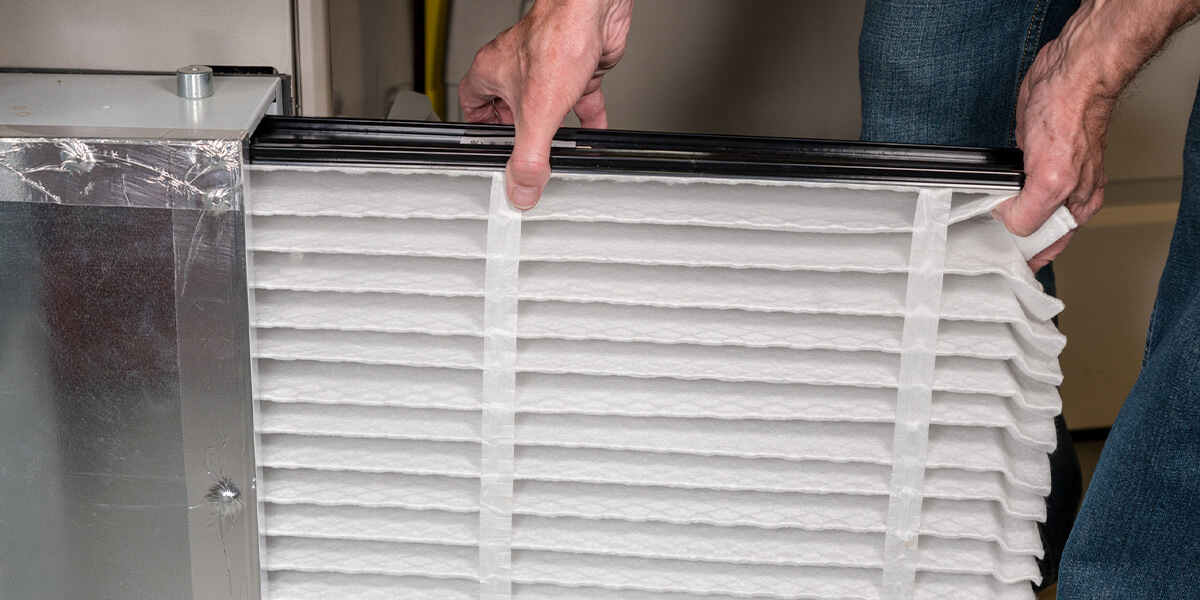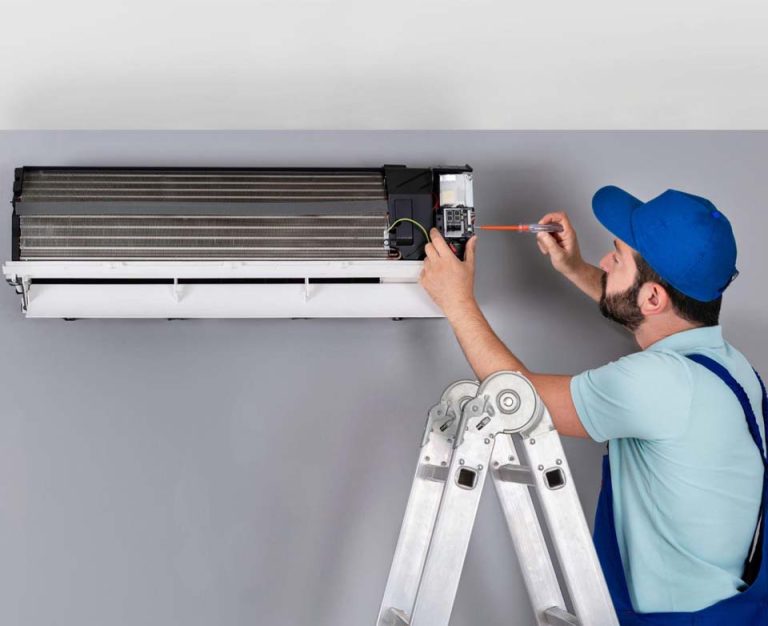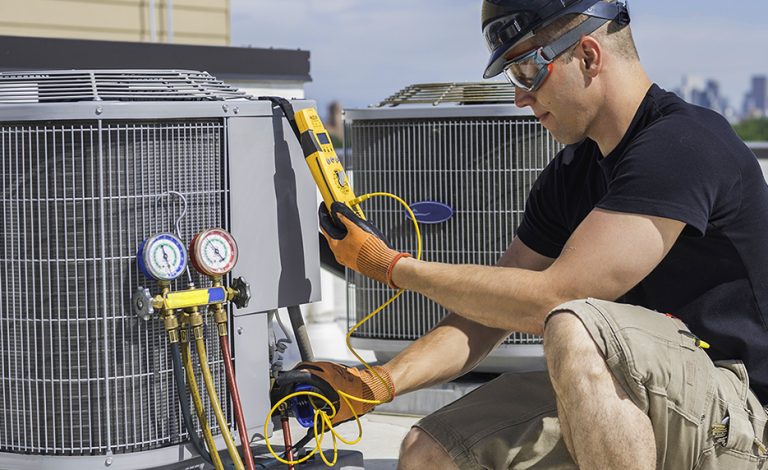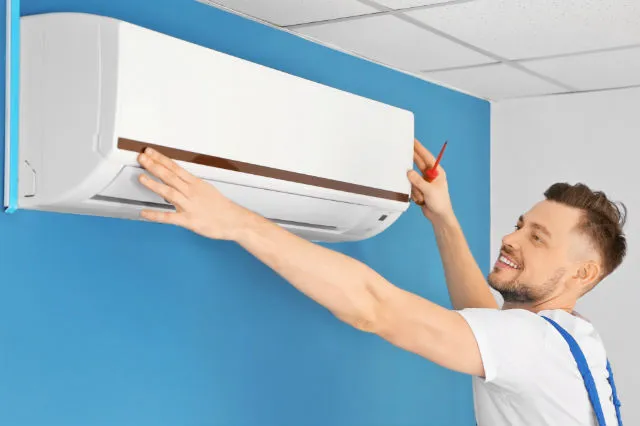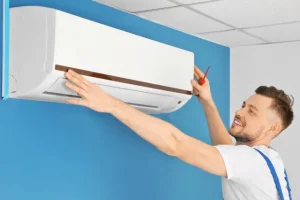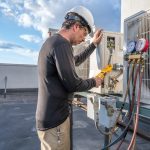When it comes to maintaining the comfort and efficiency of your home, few systems are as essential as your HVAC (Heating, Ventilation, and Air Conditioning) system. But while most homeowners understand the importance of keeping their HVAC units in working order, many overlook a key component that can significantly impact both the longevity and performance of their system: air filters. Often underestimated, these humble components play a pivotal role in maintaining indoor air quality, improving system efficiency, and reducing energy costs.
However, not all HVAC filters are created equal. Whether you’re replacing an old filter or choosing a new one for the first time, it’s essential to understand the various types of filters available, as well as the role they play in the overall functionality of your system. Is your HVAC missing these crucial filter essentials? Let’s explore what you might be overlooking and why it matters.
Understanding the Role of HVAC Filters
At its core, an HVAC filter serves as a barrier to dust, dirt, allergens, and other particulates, preventing them from circulating throughout your home. These filters are typically made of materials such as fiberglass, pleated fabric, or synthetic fibers, designed to trap various contaminants. Over time, the filter collects debris, reducing its effectiveness if not changed regularly.
Beyond simply purifying the air, HVAC filters contribute to the overall efficiency of your heating and cooling system. A clean filter ensures optimal airflow, reducing the workload on the system and allowing it to operate more efficiently. In contrast, a clogged or dirty filter obstructs airflow, forcing the system to work harder and consume more energy.
Types of HVAC Filters
Choosing the right filter is not just about picking up the first one you see at the hardware store. Understanding the types of filters available—and knowing the needs of your specific HVAC system—can make a world of difference. Here are some of the most common filter types you should consider:
-
Fiberglass Filters: These are the most basic and inexpensive filters, typically used for basic filtration needs. They catch large particles like dust and dirt, but they don’t do much for smaller allergens like pollen or pet dander. Fiberglass filters are often suitable for those on a tight budget or in homes without specific allergy concerns.
-
Pleated Filters: These filters are more efficient than fiberglass ones, as their pleated design increases the surface area available for trapping contaminants. Pleated filters are capable of capturing smaller particles, including pollen, mold spores, and pet dander. They’re ideal for households where indoor air quality is a priority.
-
HEPA Filters: High-Efficiency Particulate Air (HEPA) filters are the gold standard in air filtration. Capable of capturing up to 99.97% of particles as small as 0.3 microns, these filters are ideal for homes with asthma sufferers, allergy-prone individuals, or those living in areas with high levels of pollution. While they provide superior filtration, HEPA filters can be more restrictive to airflow, so it’s crucial to check that your HVAC system is compatible before installing one.
-
Electrostatic Filters: These filters use an electrostatic charge to attract particles, working similarly to the way a magnet attracts metal. They are reusable, making them a more sustainable option. Though they can be more expensive initially, their long-term effectiveness and sustainability can justify the cost.
-
Carbon Filters: While carbon filters are not always the primary filter in an HVAC system, they serve an important supplementary role. These filters are specifically designed to trap odors, chemicals, and gases, such as volatile organic compounds (VOCs). Homes in areas with poor air quality or kitchens prone to strong smells might benefit from a carbon filter in addition to their regular HVAC filter.
Key Filter Essentials to Consider
While selecting the right type of filter is crucial, understanding the specifications and features that come with them is just as important. Here are a few essential filter considerations that homeowners often miss:
-
MERV Rating: The Minimum Efficiency Reporting Value (MERV) rating measures a filter’s ability to capture particles of various sizes. The higher the MERV rating, the more efficient the filter. However, a higher MERV filter may reduce airflow in systems that aren’t designed to handle them, so it’s vital to balance filtration needs with system capacity. For most residential settings, a MERV rating between 8 and 13 is typically ideal.
-
Filter Size: One of the most common mistakes homeowners make is selecting a filter that doesn’t fit properly in their HVAC system. A filter that’s too small will allow air (and contaminants) to bypass it, rendering it ineffective. Conversely, an oversized filter may be difficult to install or restrict airflow, causing potential damage to the HVAC system. Always ensure the filter’s dimensions match the specifications provided by the manufacturer.
-
Filter Replacement Frequency: Filters don’t last forever, and failing to replace them on time is one of the most detrimental oversights. Depending on your filter type, the air quality in your home, and how often your HVAC system runs, filters should be replaced every 30 to 90 days. Homes with pets, smokers, or individuals with respiratory conditions might need to replace filters more frequently.
-
Airflow Considerations: As previously mentioned, a filter’s efficiency is tied to its ability to allow air to flow through the system. Choosing a filter that’s too dense for your HVAC system can reduce airflow, which in turn strains the system, increases energy consumption, and shortens the lifespan of your equipment. It’s essential to consult with a professional HVAC technician if you’re uncertain about the optimal filter for your system.
-
Environmental Impact: With growing awareness around sustainability, many homeowners are turning to eco-friendly filters. Many pleated filters, for example, are made from recyclable materials and can be disposed of more responsibly. Some reusable filters, such as electrostatic filters, can be cleaned and used for extended periods, further reducing waste. Additionally, opting for energy-efficient filters can reduce the energy consumption of your HVAC system.
The Bottom Line: Don’t Overlook Your HVAC Filter
Your HVAC system is an investment, and keeping it running efficiently requires attention to the details. Missing the essentials when it comes to filters can lead to a range of issues, from poor indoor air quality to higher energy bills and unnecessary strain on your HVAC system. By understanding the different filter options available and selecting the one that best suits your needs, you can extend the lifespan of your system, improve air quality, and maintain a comfortable home environment.
Don’t let your HVAC system suffer from neglected filters. Regular maintenance, thoughtful selection, and timely replacements are key to ensuring that your system works as effectively as possible, providing you with a comfortable, healthy, and energy-efficient home for years to come. If you’re unsure about the right type of filter for your HVAC system, consult with a professional technician—they can guide you through the process and help you make an informed decision that will enhance your system’s performance.

